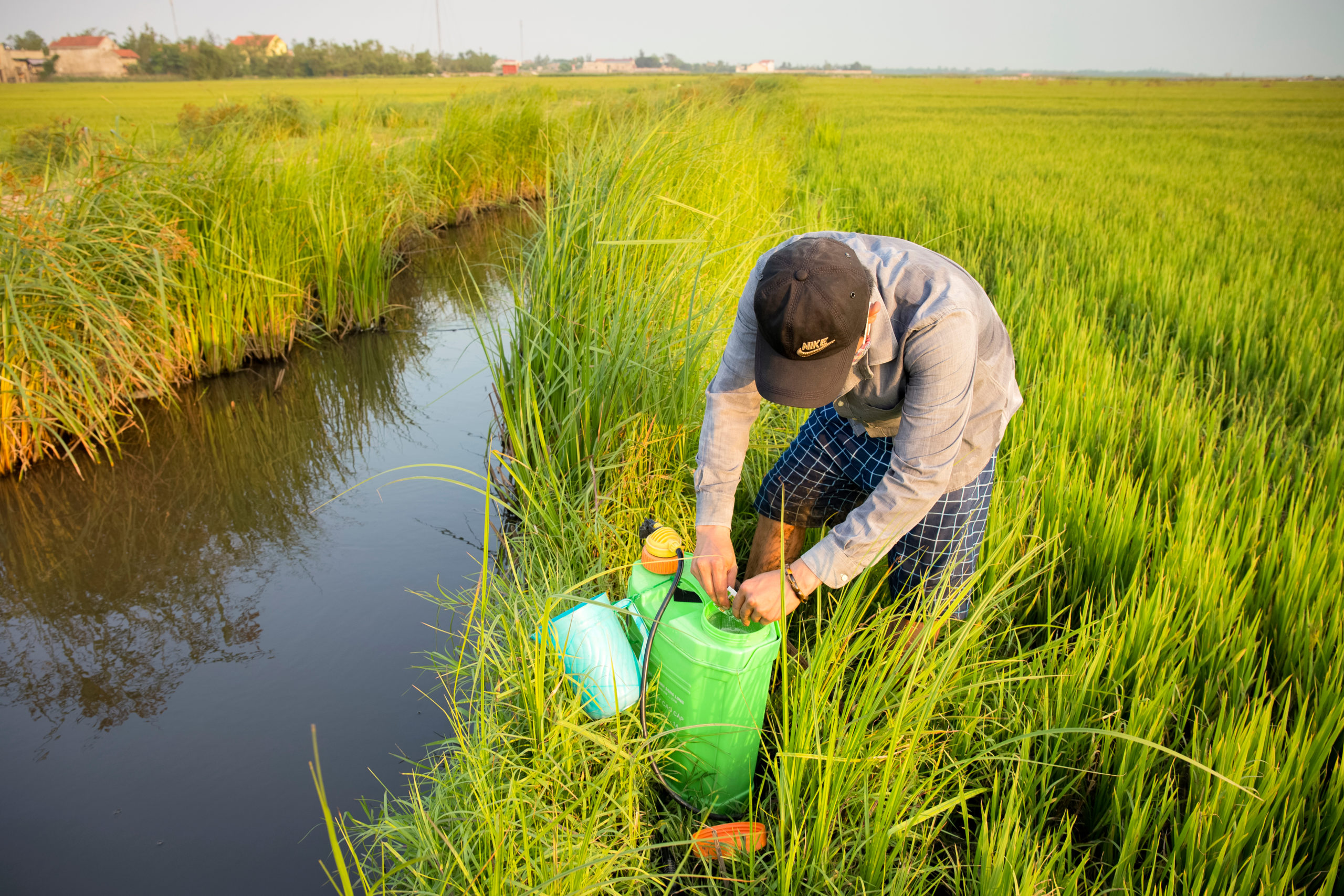Penang, Malaysia—Pesticide Action Network Asia Pacific (PANAP) today urged the Malaysian Ministry of Agriculture and Food Industries (MAFI) to consider giving paddy farmers support for safer, non-chemical alternatives to pesticides that can support farmers’ health amid the COVID-19 pandemic.
PANAP executive director Sarojeni Rengam made this appeal as the MAFI recently announced pesticide incentives worth RM62 million to paddy farmers in response to the increase in prices of pesticides. Around 300,000 paddy farmers will each receive an additional RM100, on top of an existing RM200, per hectare as pesticide incentive.
“At a time when we should be more conscious of safeguarding the health of every Malaysian, it is unwise to continue encouraging the use of toxic pesticides. There are many safer, non-chemical alternatives to pesticides, including agroecological practices, that the government can support and incentivize. Now is the most opportune time, as relying on costly chemical inputs is proving to be not sustainable and only causing harm to human health and the environment,” Rengam said.
Paddy farmers in Tanjung Karang, Selangor were included in PANAP’s 2018 study on the use of Highly Hazardous Pesticides (HHPs) in the Asia Pacific region. In the study, more than half of surveyed farmers manifested symptoms of pesticide poisoning such as headaches, dizziness, insomnia, convulsions, breathing problems, and damaged skin and nails. Farmers accidentally spilling pesticides on their bodies were highly common. Empty pesticide bottles were found in the stream, rubbish bins, paddy fields and in other open spaces. Children are also exposed to Highly Hazardous Pesticides (HHPs) such as glyphosate, paraquat and lambda-cyhalothrin. Studies in Malaysia show that children in the rural areas exposed to pesticides had a significant decrease in learning ability, especially their motor performance and may cause genetic damage.
“The reality is that for many pesticides, no level of exposure is safe. It is more prudent to begin to phase-out these HHPs and join countries, such as Sri Lanka, who have begun to question dependence on chemical pesticides and to look for safer and more sustainable alternatives for farmers,” Rengam said.
Rengam added that recent studies show that worldwide, yields are be beginning to decline in farming areas that are highly dependent on pesticides, because of pest resistance, soil and biodiversity degradation, and destruction of natural resources. “The economic, health and environmental costs of pesticides are just going to go up—it is time to look at the benefits of abandoning this chemical-intensive system and looking at agroecology to restore ecosystems, raise productivity, build resilience to climate change and protect farmers and their children,” Rengam concluded. ###
Reference: Sarojeni Rengam, PANAP Executive Director (sarojeni.rengam@panap.net)








Discussion about this post